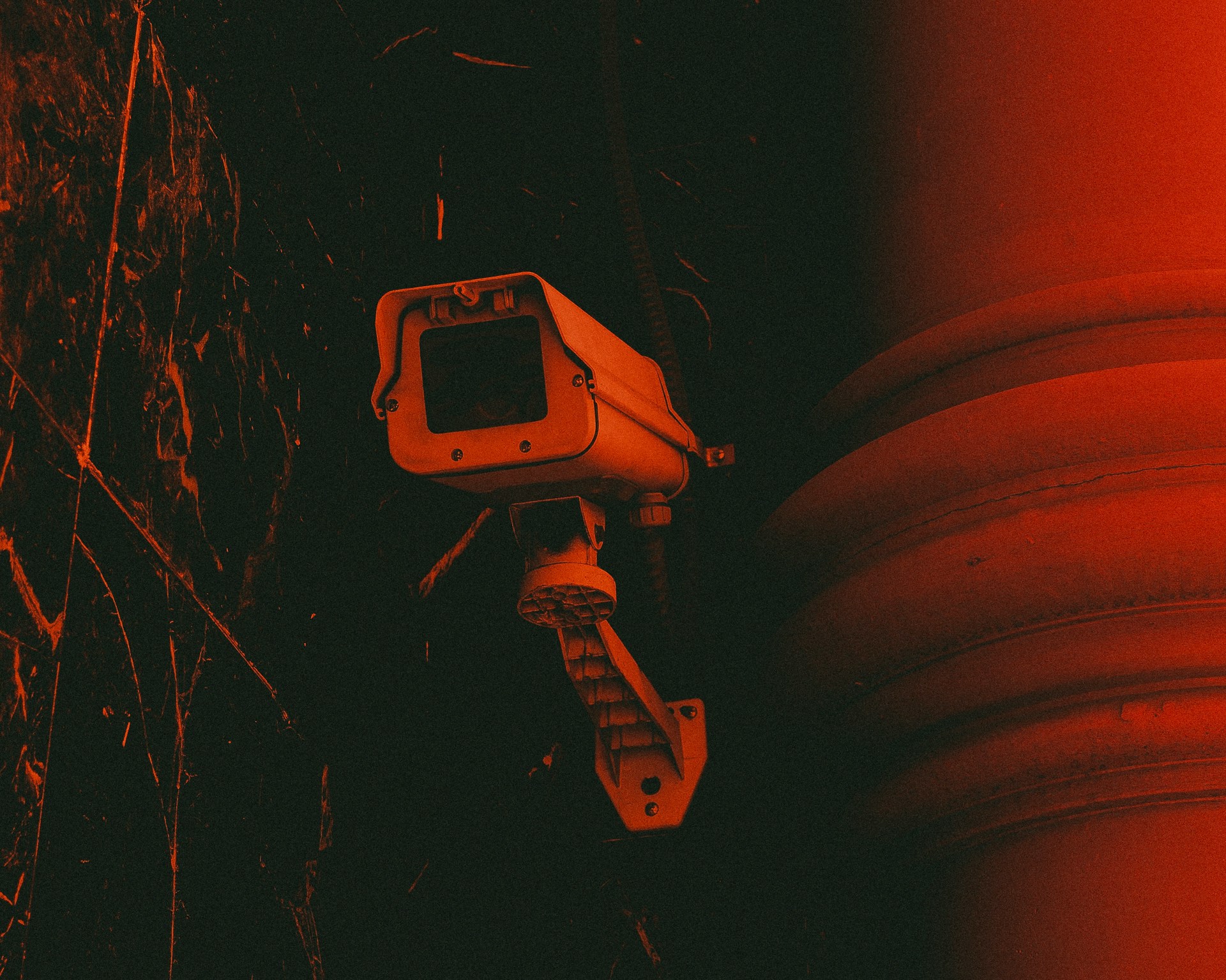Larry Ellison, co-founder of Oracle, recently discussed the increasing use of AI surveillance systems during an Oracle financial meeting, igniting concerns about privacy and civil liberties. Ellison suggested that AI technology could soon be utilized to monitor citizens and law enforcement, potentially leading to a world where cameras and drones keep individuals “on their best behavior.” The proposal even included replacing police cars with drones during high-speed pursuits. While some view this as an innovative step toward public safety, critics warn of Orwellian implications and a growing loss of personal freedoms.
https://twitter.com/TheCalvinCooli1/status/1836086924987007026
Oracle's Larry Ellison says a surveillance system of police body cams, cameras on cars and autonomous drones, all monitored by AI, will constantly record and report on police and citizens, leading everyone to be on their best behavior pic.twitter.com/RAq5XGaNmZ
— Tsarathustra (@tsarnick) September 15, 2024
Ellison’s remarks align with Oracle’s longstanding involvement with government surveillance. Over the years, Oracle has supported various federal agencies, providing databases and cloud solutions that manage vast amounts of personal data. As AI surveillance becomes more advanced, questions about how this technology will be deployed—especially in terms of balancing security with personal privacy—continue to loom large. Critics highlight concerns that the technology could be abused for mass surveillance, pointing to instances where similar technologies were used to target political dissidents or marginalized groups.
Despite these concerns, Ellison envisions a society where the presence of AI surveillance could significantly reduce crime and misconduct. By having cameras and AI systems constantly reviewing behaviors, individuals would be deterred from illegal or unethical activities. The technology, according to Ellison, could serve as a powerful tool for law enforcement, ensuring accountability among both citizens and officers alike. However, the extent to which people are willing to trade their privacy for security remains hotly debated.
As the push for AI-powered surveillance grows, its proponents argue that such systems are already in place, citing existing technologies like traffic cameras and facial recognition software. Nevertheless, the potential for this technology to evolve into something far more intrusive has raised red flags for privacy advocates. The conversation surrounding AI, surveillance, and civil liberties is far from over.


Leave a Comment